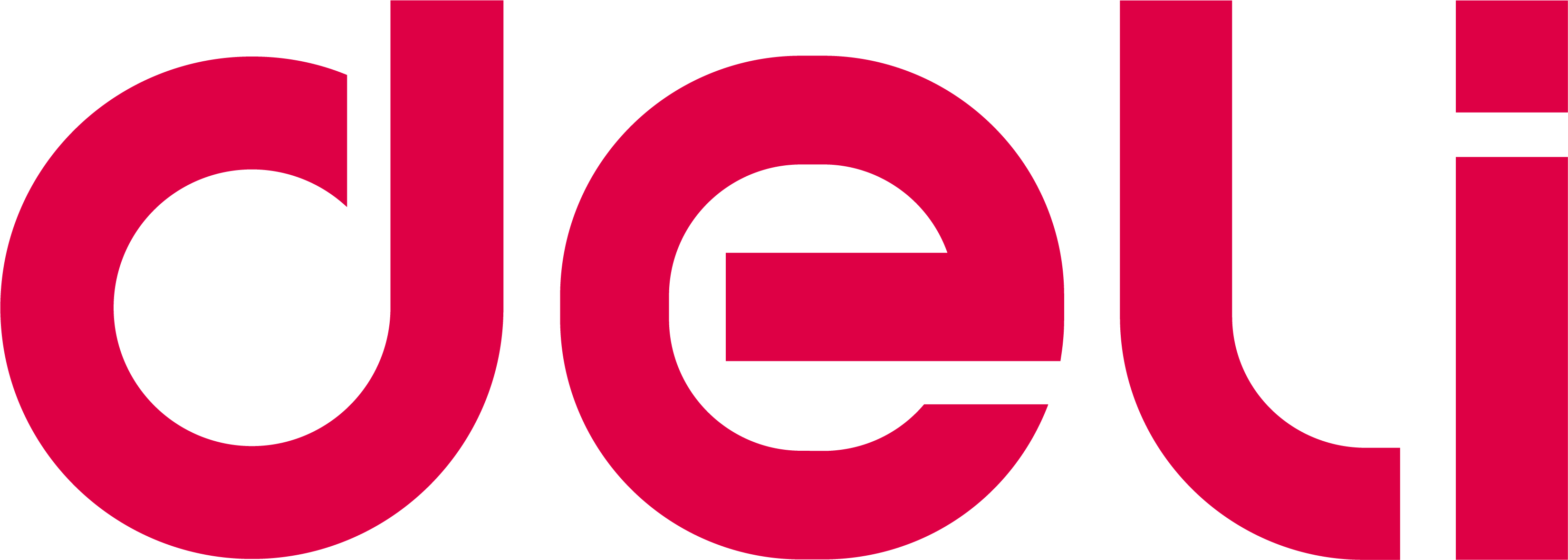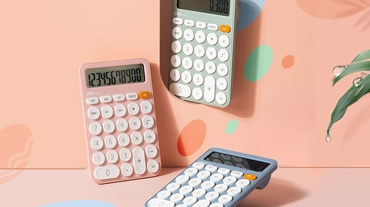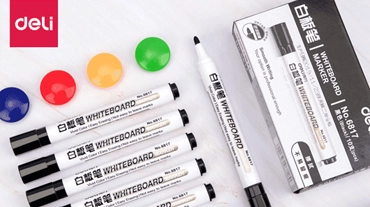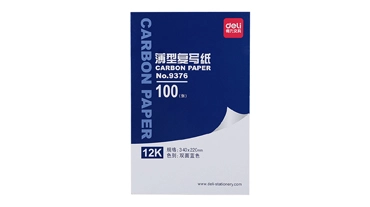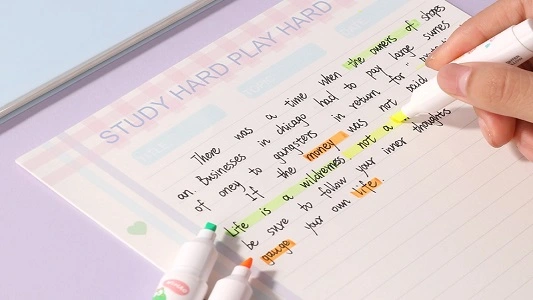When it comes to "Deli", what comes to mind? Is it the commonly used A4 printing paper, the classic black neutral pen, or the uniformly colored document storage box on office desks? In the impression of most people, Deli has almost become synonymous with office supplies, from campus to workplace, the name of Deli always leaps from people's pens and paper, becoming a common memory of a generation.
Nowadays, this national brand established in 1981 has more than just the label of "stationery". With the layout of multiple industries, scientific research, innovation, and breakthroughs, it has become a global cultural and technological enterprise. In a recent brand story film broadcasted on China Central Television, people were told about the story behind the development of Deli.
If the globalization of the brand is a precise grasp of future market opportunities for the growth of Deli, then the transformation from stationery to cultural and technological enterprise reflects its deep foresight in the industry.
In recent years, with the education scene shifting to online and the overall "reshuffle" of the education and training market, the demand for traditional stationery has significantly slowed down. At the same time, with the development of online and paperless office trends, the development space of the stationery industry has been further compressed. "If we only focus on traditional stationery, which includes pens, notebooks, school bags, etc., this part of the demand will not further expand," said Chen Xueqiang. Although with the brand dividend created by the personal consumer era, the appeal of Deli in the traditional office supplies market is still high, Deli China Stationery has long wanted to tear off the single label of "stationery". Because the consumption environment has changed, this label is "both an advantage and a shackle". In the face of the industry's development difficulties, a diversified industrial layout is Deli's answer.
On the one hand, with the Z generation gradually becoming the main consumers, Deli, based on new consumer trends and demands, endows products and brands with more interesting and personalized cultural and creative connotations through creative innovation. Designing more user-friendly products that better-fit user needs leads to a new consumption experience. For example, Deli's high-end stationery brand, Newsee, satisfies the preferences of young consumers for aesthetics, pursuit of quality, and self-expression through its simple design, high-quality products, personalized style, and innovative product design is favored by many consumers.
In addition, to meet the differentiated and personalized needs of younger groups, Deli China Stationery has launched many IP joint products, collaborating with famous IPs such as the Summer Palace, Harry Potter, Naruto, DC Justice League, China Aerospace, Paw Patrol, Music Princess Aimerly, and Leyitong. With a creative and avant-garde vision, it creates a cultural trend that belongs to Deli. On the other hand, based on its existing precision manufacturing and innovative research and development capabilities, Deli China Stationery has also set its sights on more industrial fields and actively built new growth engines for the enterprise.
